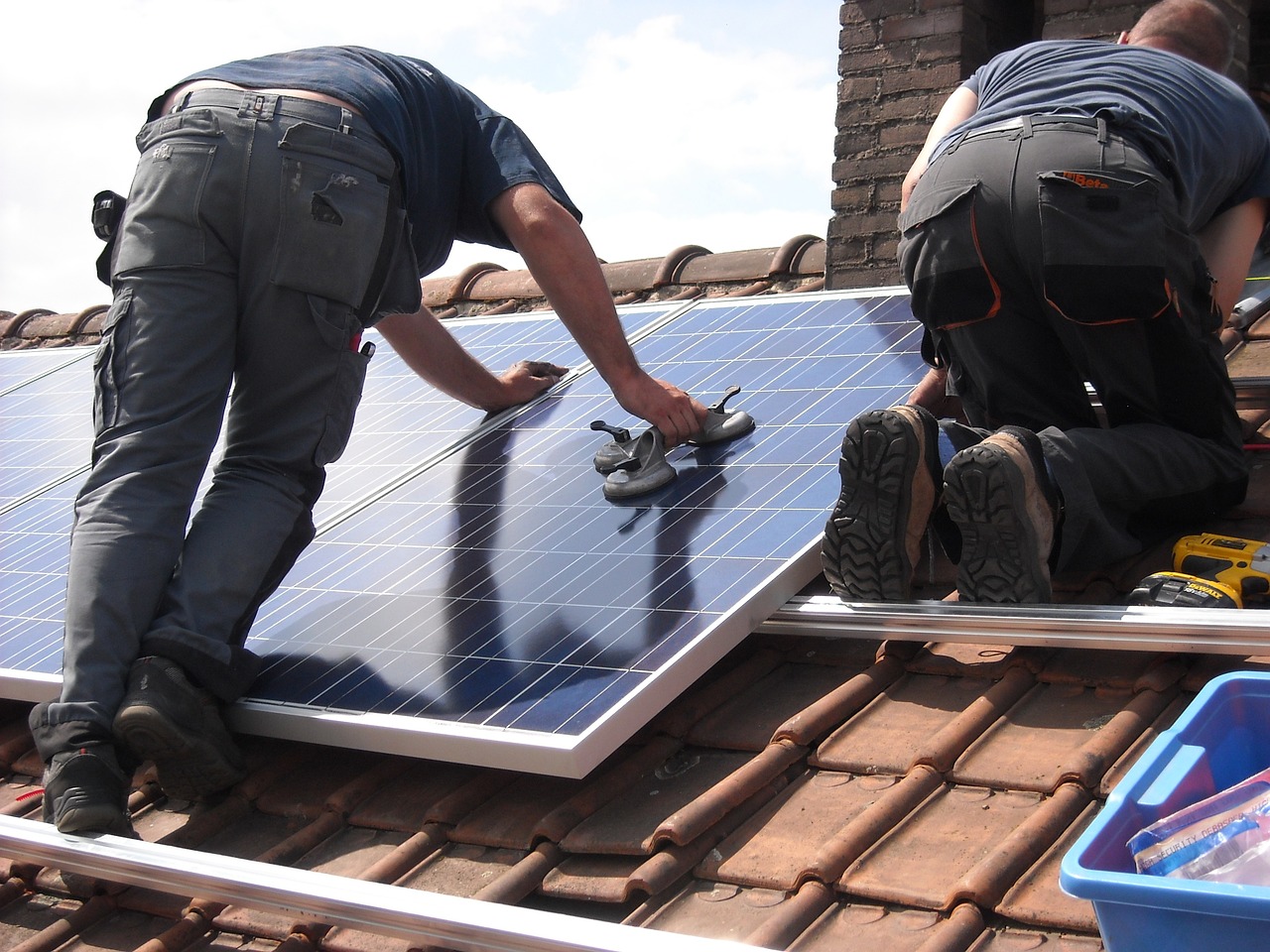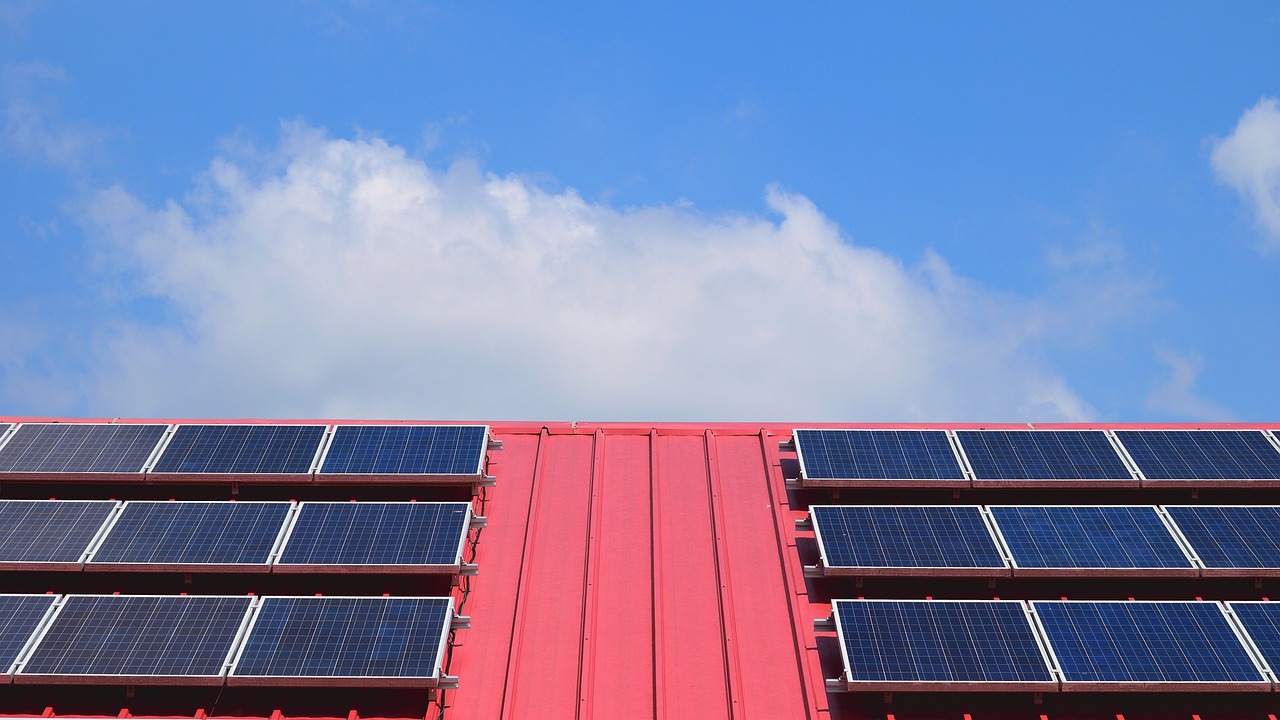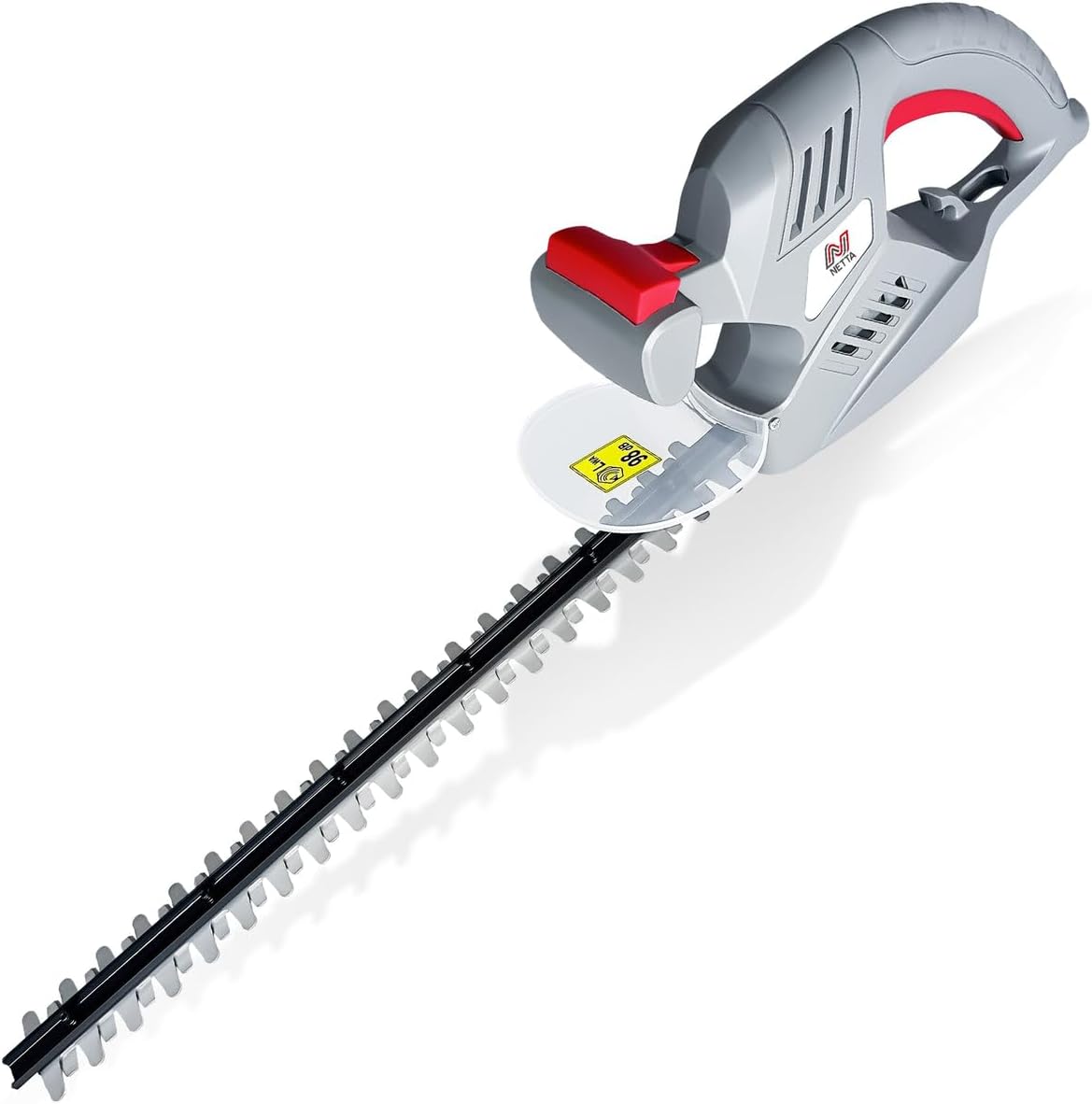Have you ever wondered about the effectiveness of solar panels integrated into roofing in the UK? Whether you’re considering investing in this sustainable energy solution or simply curious about its benefits, this article aims to provide you with a review of solar panels integrated into roofing in the UK. From their efficiency in harnessing solar power to their impact on energy savings and the environment, we’ll explore the features and advantages of this innovative technology. So, grab a cup of tea and let’s dive into the world of solar panels integrated into roofing!

Overview of Solar Panels in the UK
Solar panels are becoming an increasingly popular choice for homeowners in the UK as an eco-friendly and cost-effective way to generate electricity. By harnessing the power of the sun, solar panels can convert sunlight into usable energy, reducing reliance on traditional energy sources. In this comprehensive article, we will explore the various aspects of solar panels in the UK, including their benefits, types, installation process, building regulations, costs and return on investment, performance and efficiency, maintenance, environmental impact, common concerns and challenges, as well as case studies and success stories.
Solar Energy Generation in the UK
Solar energy is a clean and renewable source of power that holds immense potential in the UK. With the advancements in technology, solar panels have become more efficient, enabling them to harness a significant amount of energy even under cloudy conditions. As a result, the UK is seeing a surge in solar installations, with more and more households and businesses opting for this sustainable solution. Solar energy generation in the UK is helping to reduce greenhouse gas emissions and combat climate change while meeting energy needs.
Benefits of Solar Panels
The benefits of solar panels in the UK are numerous. Firstly, solar panels allow homeowners to generate their own electricity, reducing their reliance on traditional energy providers and lowering their energy bills. Additionally, solar panels produce clean energy, significantly reducing carbon emissions and contributing to the fight against climate change. Solar panels also require minimal maintenance, making them a hassle-free investment. Moreover, by investing in solar panels, homeowners can potentially benefit from government incentives and enjoy a great return on investment over time.
Integration of Solar Panels into Roofing
One of the key advantages of solar panels in the UK is their seamless integration into roofing systems. Solar panels can be installed on both residential and commercial roofs, without compromising the aesthetics of the building. They can be mounted on various types of roofs, including flat roofs, pitched roofs, and even curved roofs. With advancements in design and technology, solar panels can now be easily incorporated into the overall roofing system, enhancing the functionality of the roof while generating electricity.
Types of Solar Panels used in Roofing
When it comes to solar panels used in roofing, there are three main types commonly found in the UK: monocrystalline solar panels, polycrystalline solar panels, and thin-film solar panels. Monocrystalline solar panels are known for their high efficiency and sleek black appearance, making them a popular choice among homeowners. Polycrystalline solar panels, on the other hand, are slightly less efficient but offer a more affordable option. Finally, thin-film solar panels are flexible and can be integrated into a wider range of applications, including curved roofs and building-integrated photovoltaics.
The Process of Installing Solar Panels on Roofs
Installing solar panels on roofs involves a series of steps to ensure a safe and efficient setup. The process typically begins with a roof assessment to determine its suitability for solar panel installation. Factors such as roof orientation, shading, and structural integrity are evaluated. Once the assessment is complete, the design and planning phase takes place, where the optimal placement and quantity of solar panels are determined. Next, the panels are mounted onto the roof using appropriate mounting systems. Finally, the electrical wiring and connection to the property’s main power supply are completed to enable the generation of electricity.
Roof Assessment and Suitability
Before installing solar panels, it is crucial to assess the roof’s suitability. Factors such as the roof’s angle, orientation, and shading need to be taken into consideration to optimize sunlight exposure and maximize energy generation. Roof assessments are typically conducted by professional installers who have the expertise to evaluate the structural integrity of the roof and determine if any repairs or reinforcements are necessary before installation.
Design and Planning
Designing and planning for solar panel installations ensures an efficient and aesthetically pleasing setup. During this phase, the number of solar panels required is determined based on the energy needs of the property. The ideal locations for panel placement are also identified, taking into account factors such as shading from nearby structures or trees. The design and planning process ensures that the solar panels are optimally positioned to capture the maximum amount of sunlight, thereby maximizing energy generation.
Panel Placement and Mounting
Once the design and planning phase is complete, the solar panels are mounted onto the roof. A variety of mounting systems are available, allowing for secure attachment to different types of roofs. These systems ensure that the panels are angled correctly for optimal energy absorption and are securely fixed to the roof to withstand various weather conditions. Proper panel placement and mounting are critical to ensure the longevity and efficiency of the solar panel system.
Electrical Wiring and Connection
After the panels are securely mounted, the electrical wiring and connection to the property’s electrical system are completed. This includes the installation of an inverter, which converts the direct current (DC) generated by the solar panels into alternating current (AC) that can be used to power household appliances and lighting. The electrical wiring is carefully done to adhere to safety standards and ensure a seamless connection between the solar panel system and the property’s electrical supply.
Building Regulations and Permits
When installing solar panels on roofs in the UK, it is essential to comply with building regulations and obtain the necessary permits. This helps ensure that the installation meets safety standards and is in line with local regulations. The two main considerations are obtaining planning permission and ensuring compliance with building regulations.
Planning Permission
In most cases, solar panel installations in the UK do not require planning permission, thanks to permitted development rights. These rights allow for certain types of installations to be carried out without the need for planning permission. However, there are some exceptions, such as if the property is listed, located in a conservation area, or if the panels are mounted on a separate structure. It is advisable to consult with the local planning authority or seek professional advice to determine if planning permission is required.
Building Regulations Compliance
Complying with building regulations is crucial to ensure the safety and efficiency of solar panel installations. Building regulations cover various aspects, including structural integrity, fire safety, electrical safety, and weatherproofing. It is important to work with certified installers who are knowledgeable about building regulations and can ensure that the installation meets all the necessary requirements. Building regulations compliance helps protect both the property owner and the installer by guaranteeing a safe and reliable solar panel system.
Costs and Return on Investment
When considering solar panel installations, understanding the costs involved and the potential return on investment is essential. While upfront installation costs may seem significant, solar panels can save homeowners a substantial amount on their energy bills over their lifespan. Additionally, the UK government provides incentives, such as feed-in tariffs and the Smart Export Guarantee, which can further enhance the financial benefits of solar panels.

Installation Costs
The installation costs of solar panels vary depending on various factors, including the size of the system, the type of panels chosen, and the complexity of the installation. On average, a typical residential solar panel system can range from £4,000 to £10,000, including the panels, mounting systems, wiring, and installation fees. It is recommended to obtain quotes from multiple reputable installers to compare costs and ensure a competitive price.
Savings on Energy Bills
One of the significant advantages of solar panels is the potential savings on energy bills. By generating electricity from the sun, homeowners can significantly reduce their reliance on the grid, resulting in lower energy consumption. This translates into substantial savings on energy bills, especially considering the rising costs of traditional energy sources. Over the lifespan of solar panels, homeowners can potentially save thousands of pounds, making them a wise long-term investment.
Government Incentives
The UK government offers several incentives to encourage the adoption of solar panels. One of the key incentives is the feed-in tariff, which provides homeowners with payments for the electricity they generate and export to the grid. Though this tariff has been discontinued for new installations, those who have already registered can continue to benefit. The Smart Export Guarantee is another incentive that requires energy suppliers to offer a tariff for excess electricity exported to the grid, providing an opportunity for homeowners to earn additional income.
Return on Investment
The return on investment for solar panels depends on various factors, including the installation costs, savings on energy bills, government incentives, and the lifespan of the solar panel system. On average, homeowners can recoup their initial investment within 7 to 10 years and enjoy free electricity for many years thereafter. The return on investment improves as energy costs rise and as the lifespan of the solar panels extends beyond the estimated 25 years. Solar panels offer not only financial benefits but also a sustainable and environmentally friendly solution for homeowners.
Performance and Efficiency of Solar Panels
The performance and efficiency of solar panels play a crucial role in maximizing electricity generation. Understanding these factors is essential for homeowners considering solar panel installations.
Solar Panel Efficiency
Solar panel efficiency refers to the ability of the panels to convert sunlight into electricity. Higher efficiency means that more sunlight is converted into usable energy. Monocrystalline solar panels are known for their high efficiency, with some models reaching efficiencies of over 20%. Polycrystalline solar panels and thin-film solar panels have slightly lower efficiencies, but advancements in technology have made them more efficient in recent years. It is important to consider the efficiency of solar panels when selecting the system to ensure optimal energy generation.
Factors Affecting Performance
Several factors can affect the performance of solar panels, including shading, orientation, and temperature. Shading from trees, buildings, or other nearby structures can significantly reduce energy generation. Therefore, it is important to carefully consider the impact of shading during the design and planning phase. The orientation and tilt of solar panels also play a role in maximizing performance. Ideally, panels should face south to maximize sunlight exposure, but east and west-facing orientations can still be effective. Finally, temperature can affect solar panel performance, with higher temperatures potentially reducing efficiency. However, solar panels in the UK are designed to work efficiently even in colder climates.

Monitoring System
Installing a monitoring system for solar panels allows homeowners to track their energy generation and assess the performance of the system. These monitoring systems provide real-time data on energy production, allowing homeowners to identify any issues and ensure optimal performance. By monitoring the performance of the solar panels, homeowners can make informed decisions regarding energy usage and potentially maximize the financial benefits of their investment.
Maintenance and Longevity
Solar panels are designed to be relatively low maintenance and can last for several decades. However, some regular cleaning and maintenance are required to ensure optimal performance and longevity.
Cleaning and Maintenance
Cleaning solar panels is essential to remove dust, dirt, and debris that can accumulate on the surface and reduce energy generation. Regular gentle cleaning with a soft brush or sponge and non-abrasive, mild detergent is usually sufficient. It is important to avoid using abrasive materials or harsh chemicals that can damage the panels. In addition to cleaning, homeowners should also periodically inspect the panels for any signs of damage or wear and tear. It is recommended to seek professional help if any repairs or maintenance is needed.
Expected Lifespan of Solar Panels
Solar panels are built to be durable and can have an expected lifespan of 25 years or more. The high-quality materials used in their construction allow them to withstand various weather conditions, including rain, snow, and hail. Proper installation, regular maintenance, and compliance with building regulations can contribute to the longevity of solar panels. While the energy output of solar panels may gradually decrease over time, they can still continue to generate a significant amount of electricity even after their estimated lifespan.
Environmental Impact
Solar panels offer a significant positive environmental impact by reducing carbon footprints and contributing to sustainable energy generation.
Reducing Carbon Footprint
Solar panels provide a clean and renewable source of energy, reducing reliance on traditional fossil fuel-based electricity generation. By utilizing the sun’s energy, solar panels do not produce greenhouse gas emissions, which contribute to climate change. The more households and businesses opt for solar panels, the more they contribute to reducing carbon footprints and promoting a greener and more sustainable future.
Waste Management
While solar panels have a long lifespan, they eventually reach the end of their usable life. Proper waste management and recycling of solar panels are essential to minimize the environmental impact. The UK government has regulations in place for the disposal and recycling of solar panels to ensure that they are handled responsibly. Many solar panel manufacturers and installers also have take-back schemes or partnerships with recycling companies to ensure the proper disposal and recycling of panels at the end of their life.
Common Concerns and Challenges
Despite the numerous benefits, there are some common concerns and challenges associated with solar panel installations in the UK. Addressing these concerns can help homeowners make informed decisions.
Aesthetics and Design
One of the concerns homeowners may have when considering solar panels is the impact on the aesthetics of their property. However, with advancements in design, solar panels can now be seamlessly integrated into roofing systems without compromising the overall appearance. The sleek and black appearance of monocrystalline solar panels, in particular, can enhance the visual appeal of the roof. Additionally, the cost-saving and environmental benefits of solar panels often outweigh any aesthetic concerns.
Compatibility with Different Roof Types
Solar panels can be installed on a variety of roof types, including flat roofs, pitched roofs, and curved roofs. However, certain roof features or materials may require additional considerations or adaptations during installation. Professional installers can assess the compatibility of a specific roof type and provide appropriate solutions to ensure a successful installation.
Potential Roof Damage
One concern some homeowners may have is whether the installation of solar panels will cause damage to their roof. When installed by professional and experienced installers, solar panels should not cause any significant damage to the roof. In fact, solar panels can provide additional protection to the roof by acting as a shield against elements such as rain, wind, and hail. Proper mounting systems and installation techniques ensure that the panels do not compromise the integrity of the roof.
Insurance Considerations
When installing solar panels on roofs, homeowners should notify their insurance provider to ensure adequate coverage. Most home insurance policies can be extended to cover solar panel installations, but it is important to inform the insurer to avoid any potential gaps in coverage. Some insurance providers may require additional information or consider adjustments to the policy based on the presence of solar panels.
Case Studies and Success Stories
Numerous case studies and success stories exist that highlight the benefits and success of solar panel installations in the UK. These examples showcase the positive impact solar panels can have on a variety of properties and offer valuable insights for homeowners considering solar panel installations.
Residential Installations
Many homeowners in the UK have successfully installed solar panels on their properties and experienced the financial and environmental benefits firsthand. Residential properties of various sizes and types, from detached houses to semi-detached homes and even apartments, have seen significant reductions in energy bills and carbon footprints. Case studies provide real-life examples of how solar panels have transformed homes across the UK.
Commercial Installations
Solar panels are not limited to residential properties; they also offer immense potential for commercial installations. Businesses, schools, and public buildings have embraced solar panel technology to reduce energy costs and demonstrate their commitment to sustainability. Commercial case studies showcase the innovative ways in which solar panels have been integrated into various facilities, leading to substantial savings and environmental benefits.
In conclusion, solar panels integrated into roofing in the UK offer a plethora of benefits and opportunities. From reducing energy bills to curbing carbon emissions, solar panels provide a sustainable and cost-effective solution to meet the growing energy needs of households and businesses. With various types of solar panels available and a well-defined installation process, homeowners can seamlessly integrate solar panels into their roofs and enjoy the financial and environmental advantages they bring. By complying with building regulations, properly maintaining solar panels, and addressing common concerns, homeowners can make a well-informed decision to invest in this renewable energy source. The case studies and success stories further highlight the transformative effects of solar panel installations, both in residential and commercial settings. With the UK’s commitment to a greener future, the integration of solar panels into roofing is set to play a significant role in achieving sustainable energy generation and reducing environmental impact.












